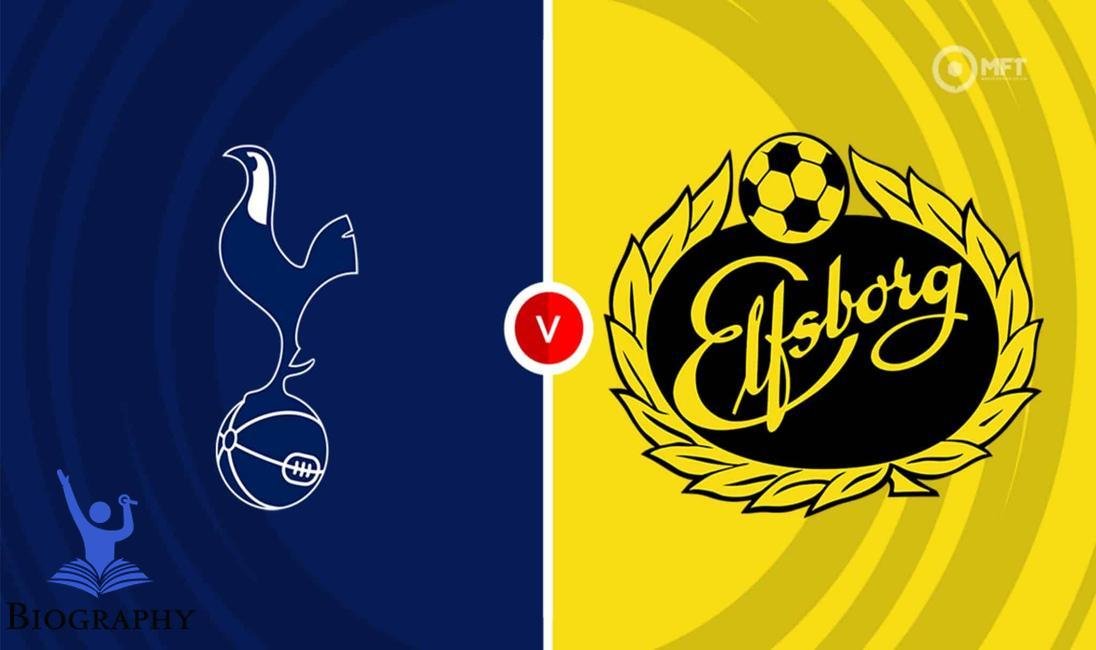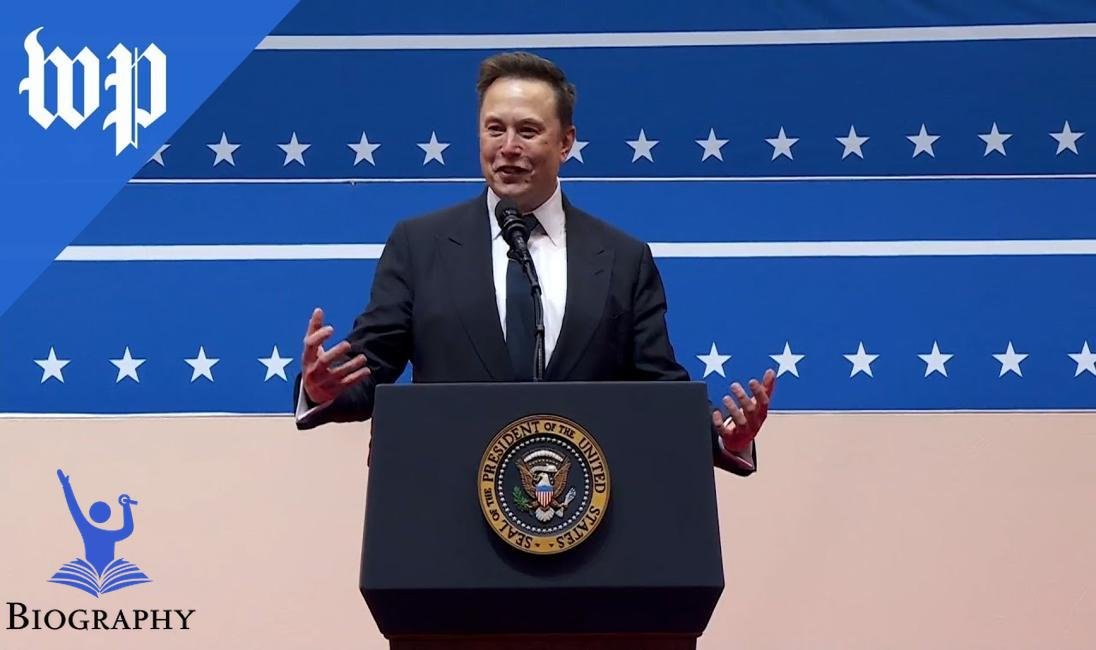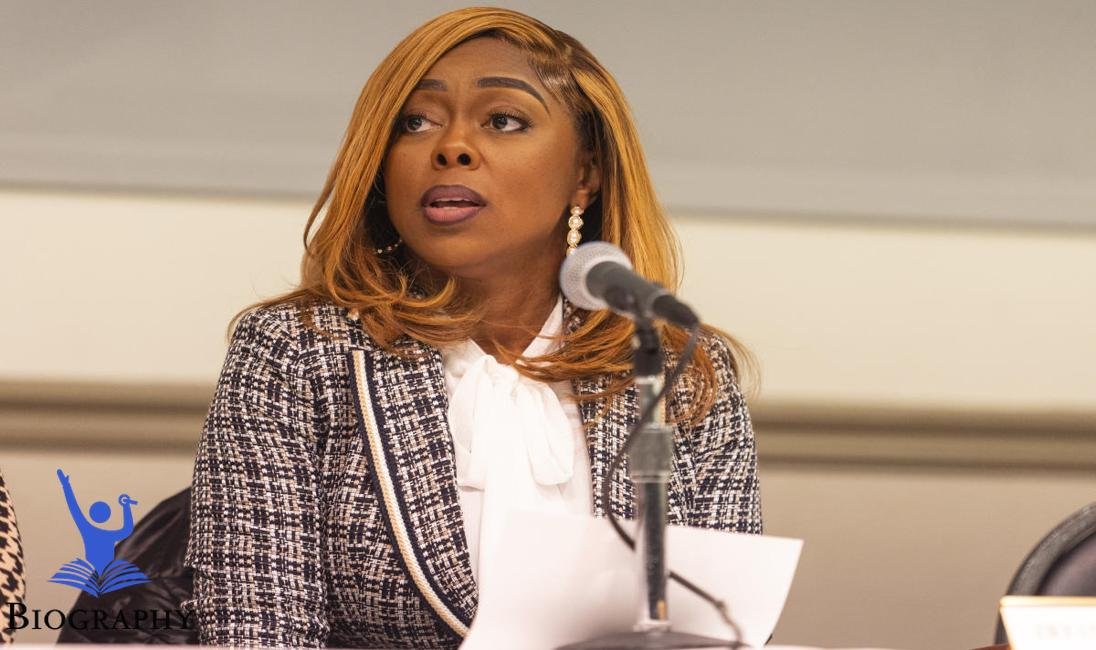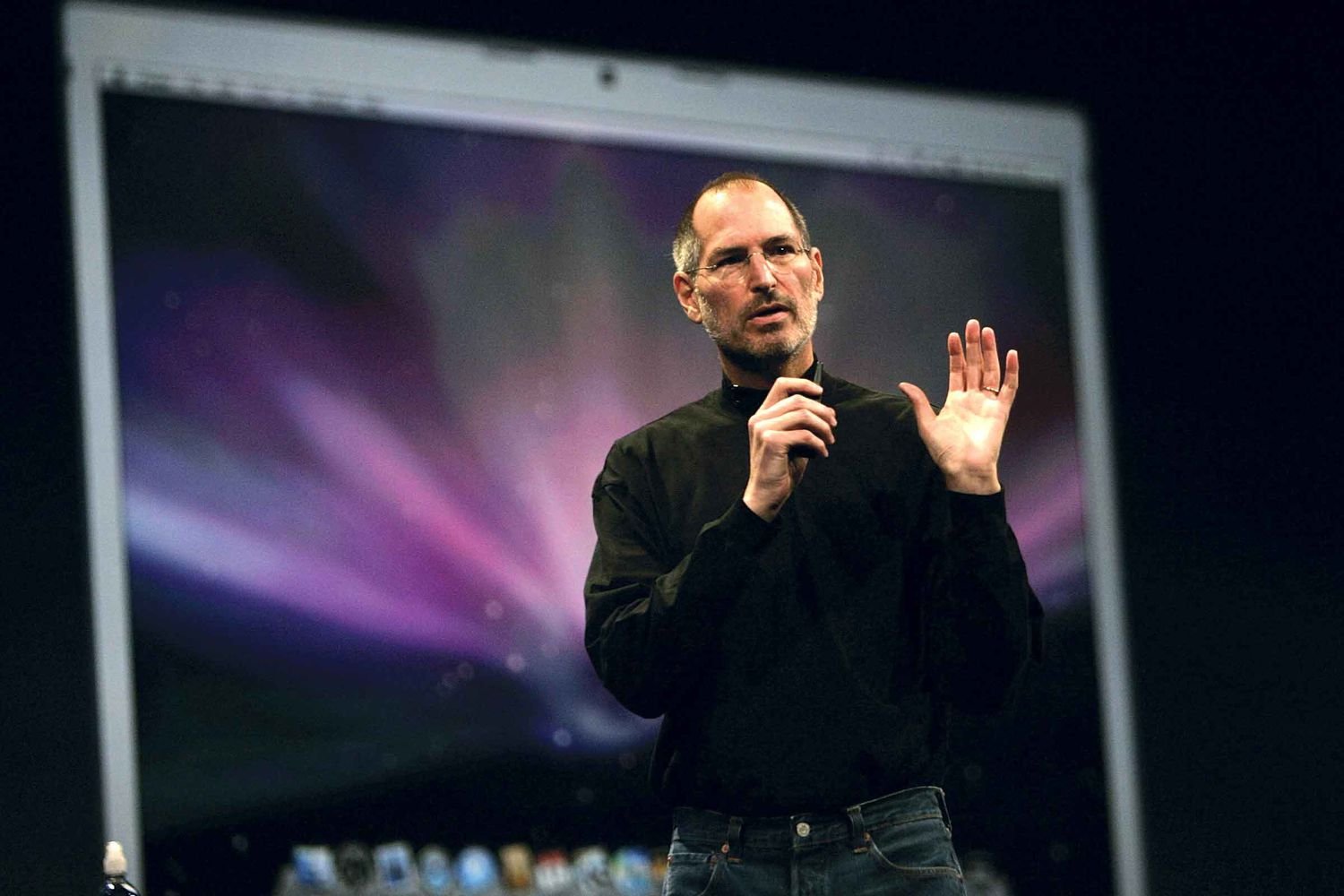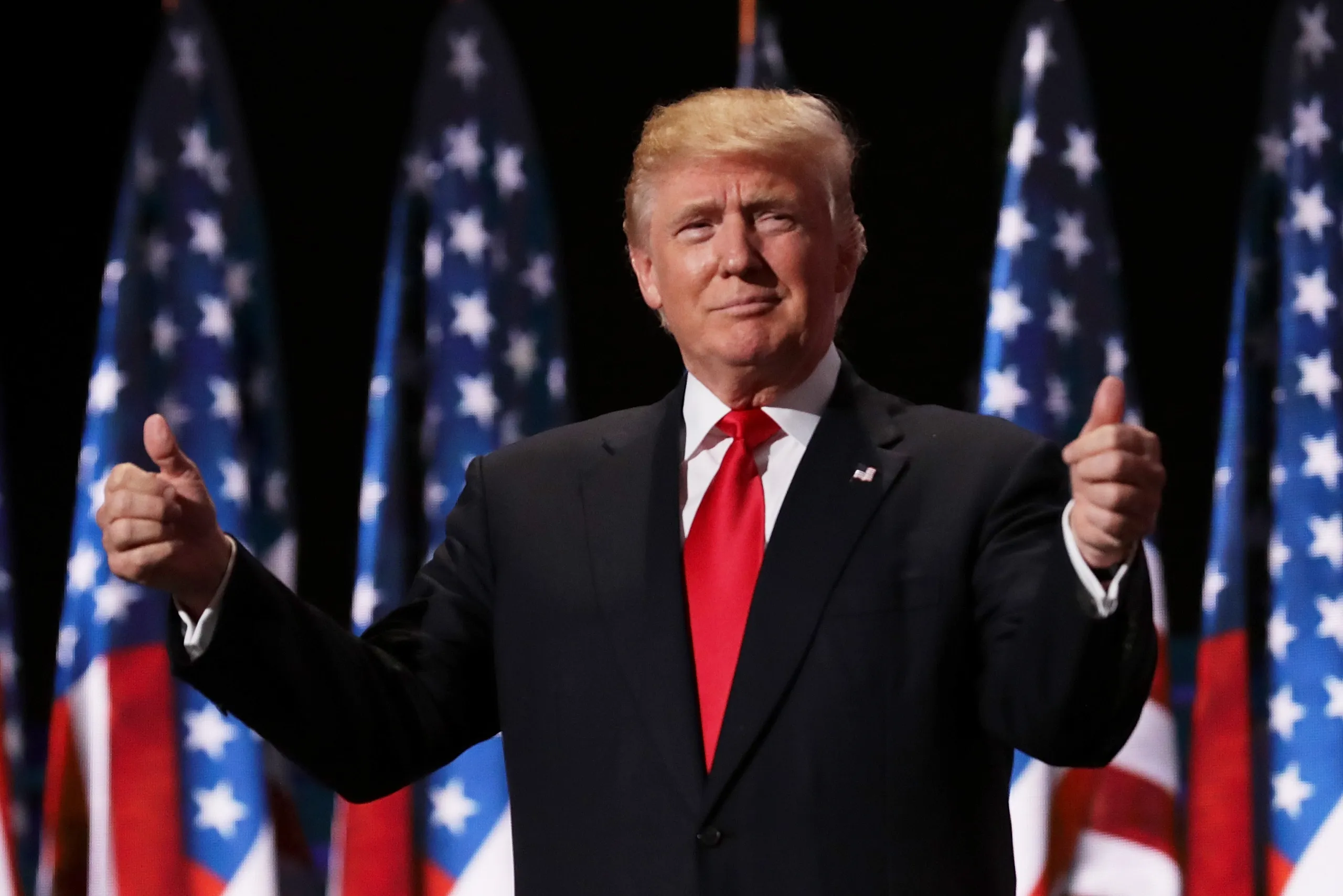Now Reading: Sotomayor’s Recent Ruling: Implications for Justice and Equality in America
-
01
Sotomayor’s Recent Ruling: Implications for Justice and Equality in America

Sotomayor’s Recent Ruling: Implications for Justice and Equality in America
Sotomayor Addresses TikTok’s Future in Supreme Court Ruling
Justice Sonia Sotomayor weighs in on the complexities of TikTok’s potential ban in the U.S., leaving users concerned about their favorite app.
In the second important for web-based entertainment consumers and computer programmers, Equity Sonia Sotomayor has so far shared her bits of knowledge on the ongoing discussion of possibly boycotting TikTok in the United States as a different Congressman imprint Kelly With political pioneers and notably people talking about their interests, the future of their use remains in a state of crisis. With the growing conversation around consumer safety, public safety and regulation, TikTok ends up at a crossroads that could definitely affect a large number of consumers. This article digs into the implications of the Supreme Court’s reasoning on TikTok and what it means for opportunities going forward in 2025.
Details
The new discussion, spurred by Equity Sotomayor, occurred during a Jan. 1 sitting of a high court. Oct. 10, 2025, where justices weigh the legality and consequences of banning TikTok, a platform with more than 100 million registered users in the US. Security associated with the Chinese for the takeover of the app -concerns and its capacity for… a large amount of customer information measurements are collected.
Equity Sotomayor emphasized the need for a nuanced approach, highlighting the harmony between public safety and protecting clients’ free speech rights. While its primary to protect our society from potential disasters, it is equally important to assure that residents arent denied their stages for their own articulation, she expressed, reflecting the gravity of the situation.
However, there is more to TikTok, as well as other web-based entertainment. For example, with comparable activation concerns for Lemon8, the effects of this activation may be captured across the advanced context. Experts warn that a broader exemption could start a strong trend in how law enforcement directs cyberspace.
Ambassador Kelly also expressed concern about discrimination, suggesting that the discussion should zero in on directness and information protection rather than internal and external exclusion. “We must apply guidelines that protect consumers, as opposed to avoiding everyday measures,” he noted at another Congressional hearing.
Public Reaction
The public response has been a mixed bag, with trending hashtags like #SaveTikTok taking over
social media platforms. Many users have rallied together, sharing their experiences and concerns about losing
access to a platform that has been integral to their social interactions and creative outlets. Comments on
platforms like Twitter and Instagram reflect a strong desire for dialogue over punishment, with users urging
lawmakers to develop thoughtful regulations rather than resorting to a ban.
Many creators and authorities have used their foundations to make statements about the consequences of the TikTok ban. The recording, which reveals both the humor and the seriousness of the situation, has sparked discussion, shaking up most people’s perceptions of protecting cyberrights while taking on the genuine welfare concerns that have developed the standard argument of the account accepts it.
Official Response
Various partners offered explanations for including the Supreme Court. The American Civil Liberties Union (ACLU) issued a report saying the potential ban could violate First Amendment rights. Maintaining any system undermines the elections we want. Instead of silencing voices, focus on accountability, one representative said.
TikTok itself has been generally quiet in legitimate battles, however, recently disclosing its responsibility for consumer safety and security. They seem to be helping US experts ensure that information assurance principles are consistent. This approach seeks to address concerns without falling into harsh practices that could alienate their customers.
Conclusion
While the conversation continues, the fate of TikTok remains in doubt. Equity Sotomayor’s bits of wisdom reveal a critical second where client interests and public safety cross, ushering in a remarkable test for officials in 2025. If it can’t be excluded, there’s no doubt that rights advance and private rights go the complexity of the face will further be considered. As the Supreme Court prepares for future discussions, consumers and policymakers alike are eagerly pausing to see what’s next for TikTok and the much broader online hobby.
It will be important to examine how these discussions are expanding over time and whether they will move towards more appropriate directions resisting internal and external exclusion. Public sentiment seems to favor an unbiased approach that gives consumers free rein when it comes to security issues, a stance that could place huge milestones in how cyberspace operates in the US. to the front of us.













